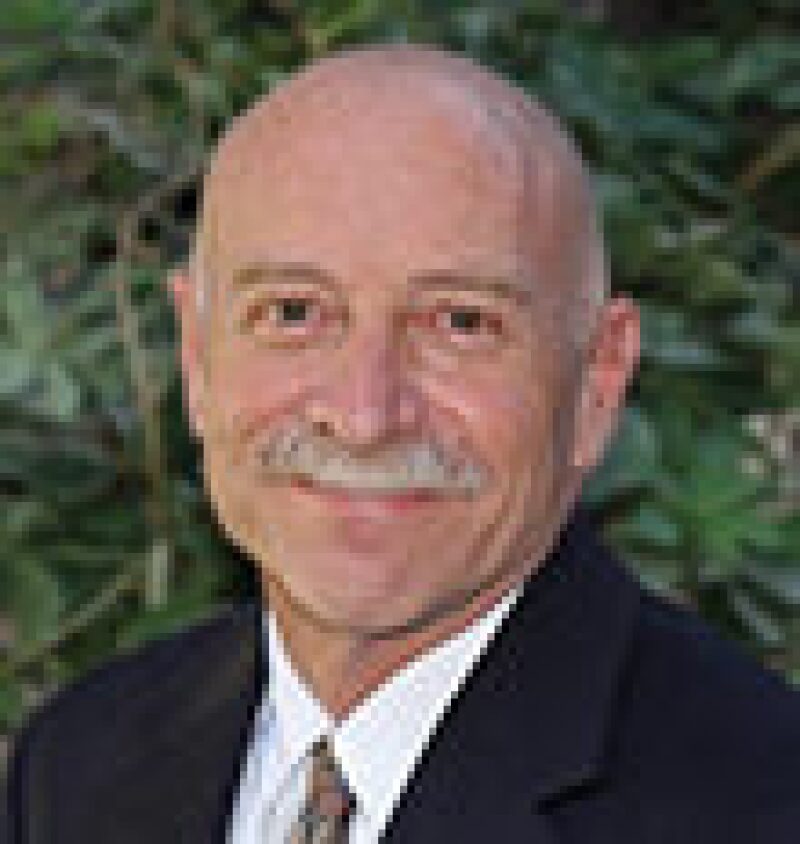In 1980, Professor Dan Bass told freshmen petroleum engineering students, “Eventually the gas market will become more liquid and the price per Btu [British thermal unit] will match that of oil.” When, in 2016, the spot price of liquefied natural gas (LNG) delivered in Asia declined to almost mirror the increase in Australian domestic spot prices, the international gas market looked like it had flattened, with high and low prices converging on a price that reflected the cost of production with a sustainable return on investment.
But reality rarely follows simple economic theory. Eastern Australian consumers were not as happy with the arrangement as the Asian LNG buyers. They are now asking for first right of refusal on the deliverability needed to keep their lights on. This drama unfolds while a majority of the Australian population supports banning the same hydraulic-fracturing methods that have created a supply renaissance in the United States.
The unconventional-resources boom started with the gas-producing Barnett Shale but quickly turned to the oil-prone Bakken/Eagle Ford/Anadarko/Permian basins. The recent targets have solution gas/oil ratios approaching 3,000 scf/STB because only low-viscosity light oils can traverse very tight matrix to find the fracture network. Even the oil plays are becoming more gassy. In 2010, a new well in the Bakken started at 800 scf/STB, while current completions are fortunate to be below 1,500. Operators will sell associated gas at a loss if the oil revenue justifies it, pushing very cheap gas into a potentially saturated market. Operators are selling now-mature Barnett assets to reallocate capital for higher returns.
Good long-term news, however, exists: The electricity market continues to expand. And, like a group of campers running from a bear, you don’t have to outrun the bear, just the next slowest camper. Even with significant help from subsidies and mandates, renewables only claim slow and modest inroads into electricity generation, clean-coal pilot plants are converting to natural gas, and nuclear-power-plant capacity additions peaked in 1984.
In a modern twist on Jevon’s paradox (where increased efficiency in 1865 coal use simultaneously increased coal demand), investment bank Tudor, Pickering, Holt, and Company estimates that, if the 0.2% of registered vehicles that represent the current US plug-in-electric-vehicle fleet grew to replace the internal-combustion-engine vehicles (the other 99.8%), natural-gas demand would increase 27%. Natural-gas producers should remain happy campers for the foreseeable future; they are supplying an increasing long-term demand at an increasingly stable international market price.
This Month's Technical Papers
Production Pressure-Drawdown Management for Fractured Horizontal Shale Gas Wells
Perforation and Flowback Highlights From the Gorgon Field, Offshore Australia
Hybrid Microseismic and Microdeformation Monitoring of a Coal-Seam-Gas Well
Recommended Additional Reading
SPE 184840 Innovative Diversion Technology Ensures Uniform Stimulation Treatments and Enhances Gas Production—Examples From Carbonate and Sandstone Reservoirs by Zillur Rahim, Saudi Aramco, et al.
SPE 182208 Conceptual Design for Maintaining Production of High-CO2 Gas in a Marginal Field Offshore by Use of a Thermoplastic Pipe by Hanto Yananto, Pertamina, et al.
SPE 185045 Adsorbed-Gas Composition and Its Effect on Early-Time Production by G. Walker, Repsol, et al.


